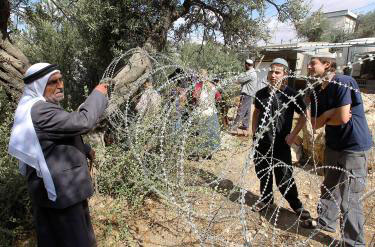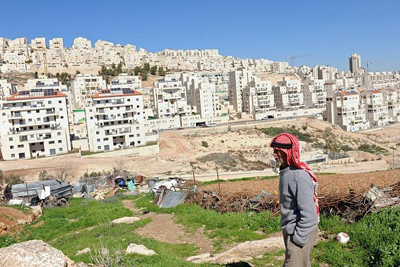
by Daniel Martin Varisco
[Originally posted on Anthropology News.]
Civil unrest continues to grip the Middle East. Adding to the battle to remove Syria’s Russian-backed Assad and the political infighting following the ousting of dictators in Tunisia, Libya, Egypt and Yemen is a recent flare up in Gaza, leaving more than 160 Palestinians dead before a fragile ceasefire took hold just before Thanksgiving Day.
Politics can often mirror geography, especially in a land considered holy by three major religions. The lowest geographical point on earth is the Dead Sea, a critical juncture point of Israel, the Palestinian Authority and Jordan. But not far away sandwiched between Israel and Egypt is the narrow strip of Gaza, which is perhaps the lowest moral point in the current political strategy of the Israeli government and its vaunted IDF.
To say that the Gaza Strip is over populated and under resourced is an understatement. An estimated 1.7 million Palestinians live in a beleaguered area of 141 square miles, isolated and walled off like a Bantustan oasis. Before the 1948 creation of the state of Israel, this was a sparsely populated area with few resources to attract settlement, but some 200,000 Palestinians fled here at the time. Formal occupation of Israel, following the 1967 6-day war, officially ended in the mid-90s with the Oslo Accords. But there has been no peace in Gaza, whether under the control of the PLO or Hamas.
Pundits flood the airwaves with condemnation of Hamas, as though calling it a terrorist organization means open season on any Palestinian living in Gaza. So why does Hamas not sue for peace, given the obvious fact that a slew of puny missiles lobbed at Israel only brings more retaliation? A potent symbol of peace in the “Holy Land†is the olive branch. Students still read about this peace symbol in Virgil’s first century BCE Aeneid, so the need for such a symbol has certainly been around along the shores of the Mediterranean for a long time. Defenders of Israel’s continuing bombing strikes and assassinations in Gaza argue that Israel has a right to defend itself because Hamas is out to somehow destroy Israel. Hence Israel’s expensive prophylactic “Iron Dome†symbolically trumps an olive branch on the cable news. But it is hard to expect Palestinians to wave olive branches when there are so few olive trees left standing in Gaza. The recent “Pillar of Cloud†military campaign that rained down on Gaza occurred during the height of the olive harvest and processing season.
For the rest of this post, click here.

